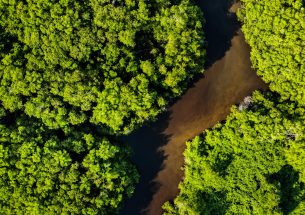News and Opinion
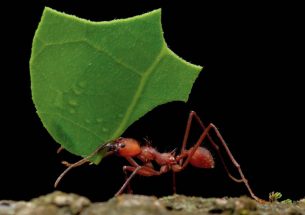
Microbiomes of soils, plants and animals
READ MORE about Microbiomes of soils, plants and animals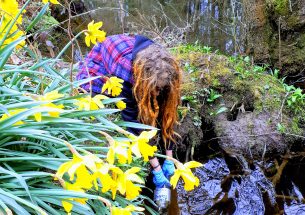
Fishing for Mammals: How DNA from rivers could revolutionise mammal detection on land
READ MORE about Fishing for Mammals: How DNA from rivers could revolutionise mammal detection on land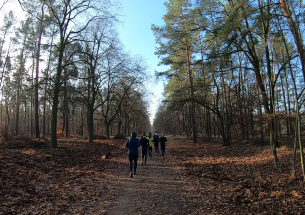
Why a focus on constant change is more important than a focus on stability
READ MORE about Why a focus on constant change is more important than a focus on stability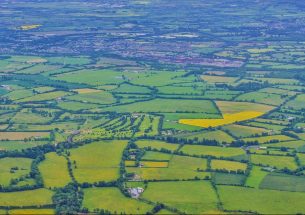
Smaller fields and diversified crops can help spontaneous plants to make a comeback, even in the middle of fields
READ MORE about Smaller fields and diversified crops can help spontaneous plants to make a comeback, even in the middle of fields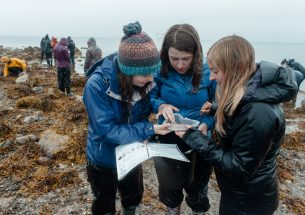
Ten BES women you should know about
READ MORE about Ten BES women you should know about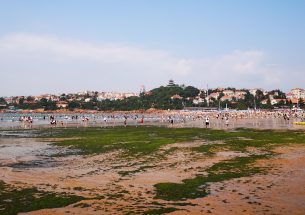
Human activities and underlying mechanism of green tide formation
READ MORE about Human activities and underlying mechanism of green tide formation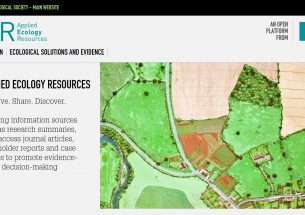
Bridging the knowledge gap: a new platform for Applied Ecology Resources
READ MORE about Bridging the knowledge gap: a new platform for Applied Ecology Resources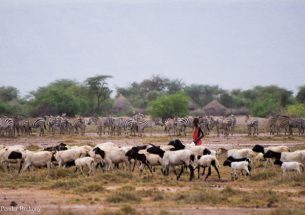
What’s good for livestock can be good for wildlife
READ MORE about What’s good for livestock can be good for wildlife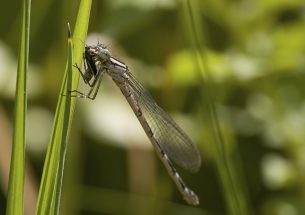
Dragonflies are efficient predators that consume hundreds of thousands of insects, locally
READ MORE about Dragonflies are efficient predators that consume hundreds of thousands of insects, locally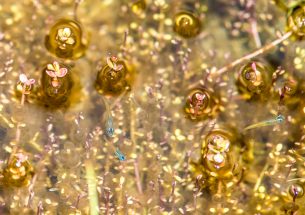
Conservation translocation: trade-offs for species survival and biodiversity
READ MORE about Conservation translocation: trade-offs for species survival and biodiversity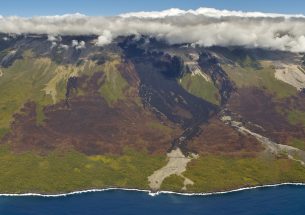
Lava flows tell 600-year story of biodiversity loss on tropical island
READ MORE about Lava flows tell 600-year story of biodiversity loss on tropical island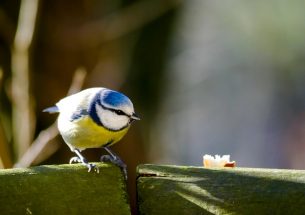
Watching TV helps birds make better food choices
READ MORE about Watching TV helps birds make better food choices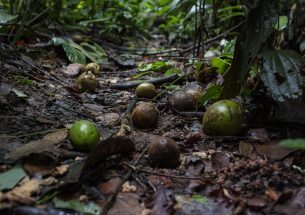
Amazon forest disturbance is changing how plants are dispersed
READ MORE about Amazon forest disturbance is changing how plants are dispersed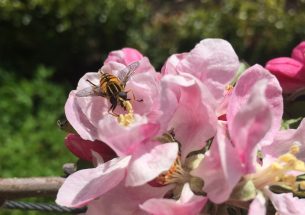
Call for policy makers to protect pollinators
READ MORE about Call for policy makers to protect pollinators